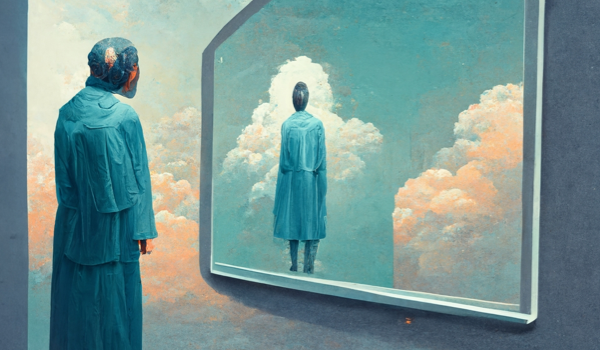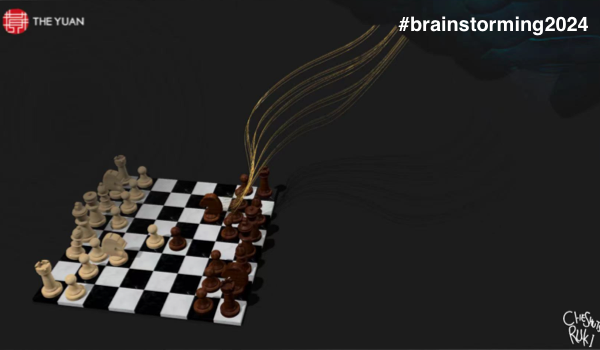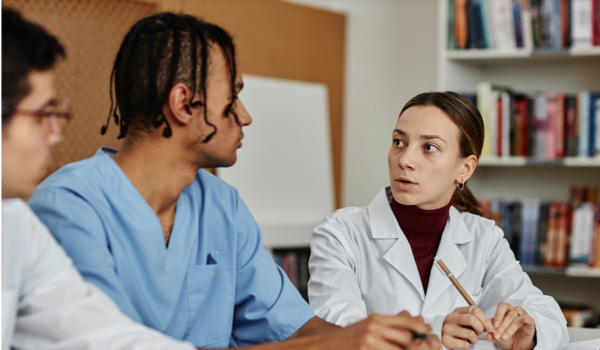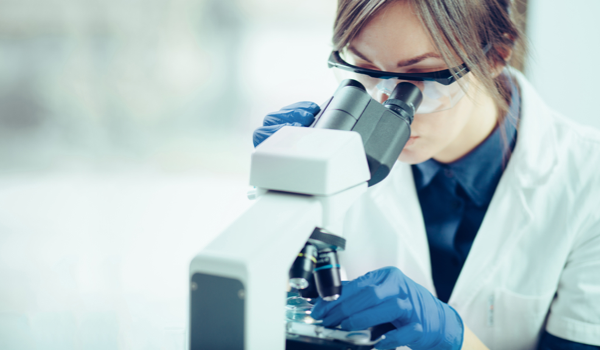

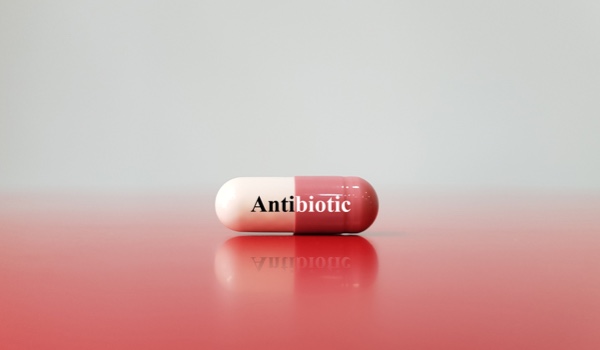
FRANKFURT - Despite continuous progress in antibiotics research, or perhaps mostly because of it, super-bacteria infections continue to be a threat in hospitals and beyond.
These so-called ‘superbugs’, or anti-microbial resistant bacteria (AMR), have proliferated during the past few decades and are a leading cause of death in clinical settings. The over-prescribing of antibiotics and their use in animal farming have led to today’s situation, in which previously treatable bacterial infections have now become invincible. The annual number of deaths attributed to this loss of the effectiveness of antibiotics is estimated to be around 1.2 million worldwide, which is more than the number of deaths from HIV or malaria. How can artificial intelligence (AI) be used in this fight against superbugs?
Antibiotics are produced either through natural fermentation or semi-synthetic and synthetic processes, with their basis being substances found outside the human body. However, this may soon change, thanks to AI-aided research on natural bacterial resistance. A recent study done by a team of researchers at the University of Pennsylvania, led by bioengineer César de la Fuente, has shed light on a new possible source of antibiotics: human proteins or fragments of them, also known as peptides (very small proteins or fragments of proteins).
Using AI to scan through the entire human collection of proteins and select possible candidates for bacteria-killing peptides, the researchers tested 55 out of more than 2,500 possible candidates in the lab. Most of them eliminated bacteria, and successfully stopped infections in mice.
The use of AI, and especially image recognition and machine learning (ML), was crucial in this process, as de la Fuente described in an
The content herein is subject to copyright by The Yuan. All rights reserved. The content of the services is owned or licensed to The Yuan. Such content from The Yuan may be shared and reprinted but must clearly identify The Yuan as its original source. Content from a third-party copyright holder identified in the copyright notice contained in such third party’s content appearing in The Yuan must likewise be clearly labeled as such. Continue with Linkedin
Continue with Linkedin
 Continue with Google
Continue with Google
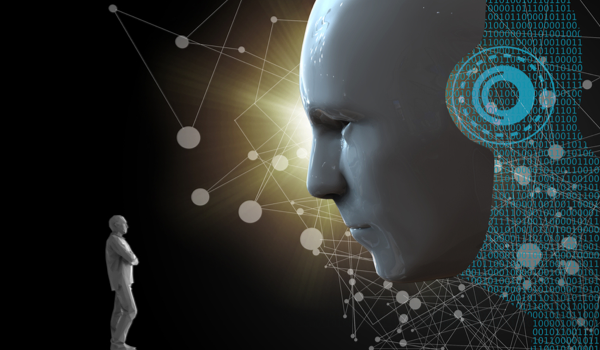








 1459 views
1459 views





